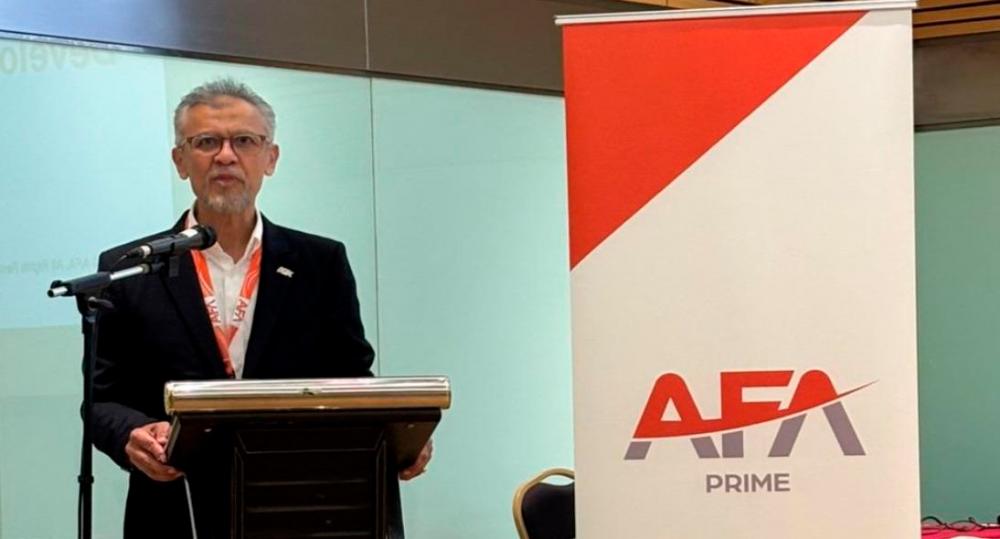KUALA LUMPUR: AFA Infrastructure and Development Sdn Bhd (AID), the concessionaire for Kuala Lumpur-Karak Expressway and East Coast Expressway, is targeting revenue growth of 2-3% from toll collection annually, stemming from economic, tourism and logistic activities along the highways.
The highways link the East Coast Economic Region and major projects such the Genting Integrated Tourism Plan, which will also contribute to the target revenue growth.
AFA Group chairman Tan Sri Azmil Khalili Khalid said that in the last financial year, the company posted revenue of RM480 million from toll collection.
“The projected revenue growth of 2-3% for the highways reflects the status of KL-Karak and ECE as mature infrastructure assets. The primary revenue driver remains traffic volume, with other income sources contributing minimally. As such, our focus is firmly on optimising and managing traffic flow to sustain and enhance revenue generation,“ he told reporters at a media briefing today.
AID maintains the entire 235.4km stretch from Gombak at KM19.2 in the Klang Valley to Jabor at KM250.6 in Terengganu.
Azmil emphasised sustainability remaining central to AID’s operations, with initiatives aligned with Malaysia’s National Energy Transition Roadmap and net-zero emissions as early as 2050.
Under the plans for environmental and sustainability commitments, the company has been tracking Scope 1 and 2 carbon emissions since 2023, with plans to include Scope 3 in its reporting. Furthermore, AID is exploring the installation of solar panels and energy-efficient systems at rest areas to advance renewable energy adoption.
AID’s investments in green technology include electric vehicle charging stations and the use of sustainable construction materials. Additionally, the company aligns its initiatives with Malaysia’s National Sustainability Reporting Framework, the National Policy on Climate Change 2.0 and the anticipated Climate Change Act.
AID remains focused on delivering practical infrastructure solutions that address the needs of road users and local communities, Azmil said, adding that by improving connectivity and integrating sustainable practices, AID aims to play a meaningful role in Malaysia’s growth and modernisation.









